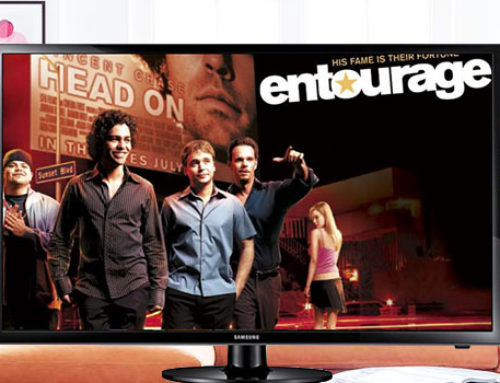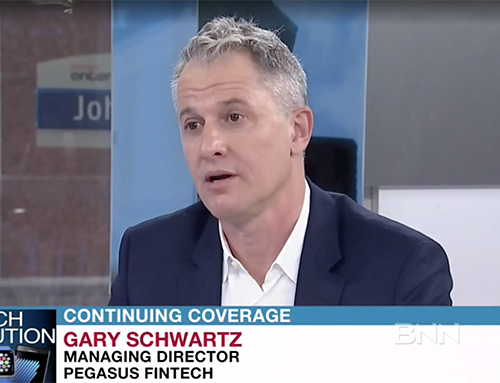Self-driving cars? Hot-air balloon Internet-delivery? Alchemy-tech projects from Google X’s laboratory. Now, finally the Mountain View scientists launch a moonshot project that has immediate impact on our mobile economy: the invention of the mobile browser.
Google X’s ability to “stream” app functionality without requiring the user to download the heavy app chassis is a watershed technology. It is the first step in delivering the mobile browser content experience we, the diehard mobile consumers deserve.
It also is the first salvo on the sanctity of the App Store, in the same way that streaming music services are forcing iTunes to reinvent its business model and Wi-Fi in the car is the death knell for satellite radio subscription services.
When you click the “stream” link on nine beta app partners, including the Weather Channel, Hotels Tonight and The New York Subway, the content will render in the cloud (as it does on Google’s Chromebook). The phone simply pulls down the resulting visual data from the Google virtual computing platform.
Of course, this does not mean that the app store is about to crumble and vanish. However, for anyone with an app strategy and that are contemplating how to leverage the app store, this may steer resources or, at the very least, have them thinking about the browser as a viable destination for further development.
Invention Of The Browser
“Invention of the mobile browser?” you ask. “We all have a super-app called a browser on our phone.” Well you are correct. There is a search portal on billions of phones globally that opens up mobile-friendly responsive media to a small-screen consumer.
Chrome, Firefox, Opera Mini and Safari lead the phone-top browser wars. However, for the iOS an “open” browser does not provide a market advantage. The open browser search portal has been outgunned by the marketing muscle of Apple. It knows all too well that content-sells-hardware, and the company that can show more apps exploding from its billboards wins.
I have always said the Apple SDK for its App Store is the best marketing investment the company ever made (outside of the legal dollars it spent on patent grandstanding).
The fact that Apple (and grudgingly Android and even more grudgingly Windows) has a segregated digital portal of mobile apps (many clunky, forever updating, getting lost in folders and soon forgotten after the impulse download) seems to be an accepted evil.
Many apps are built using web technology like PhoneGap or React Native, packaged as a native app (with considerable complexity) and being live-streamed back into web search (with considerable complexity). Unquestionably, Apple has an unnatural chokehold on content distribution.
Apple has fought back offering Bluetooth shopping beacons that tether the native app to bricks-and-mortar shopping. However, many CMOs are unaware that the mobile browser can be tied to the store Wi-Fi and used as a powerful beacon leveraging SMS to drive the proximal consumer into deals and other rich media.
It is clear that Apple doesn’t want to give up its content control to the universal browser. Losing its lock on the app store would be an attack on its big data strategy and market differentiation, ultimately loosening its walled-garden hold on the consumer.
Heavyweight To Featherweight Champion
Google’s ability to “stream” app functionality (without requiring the user to download the heavy app) is presently seen by the app developer community as a great “preview” opportunity. Audiences can find and taste test their apps via a simple search. However, ultimately this has to be Google’s first attack on the legitimacy or outright pragmatism of many heavy app downloads.
Initially Streaming Apps are limited to Wi-Fi connect devices due to the large amount of data transferred in a virtual rendering. However, it is a stepping stone to completely rethinking the traditional web application.
New technology frameworks, such as AngularJS, enable the retailer’s development team to build powerful and compelling user interfaces — this front-end spit shine is the hallmark of the native mobile app. As the mobile browser matures to allow a slick user interface on the phone top, the server development becomes simpler. Using App Engine Data store access and OAuth authentication, developers can focus on business logic instead of backend technology.
The first phase is tying native apps to browser-based search. Google has gone to great lengths to get its app community to “index” its content to be searchable and allow for deep links. Google now can search inside the app for retail deals and news.
Second, is the ability to view a rich app experience through the browser without the usual slimmed down, reductive UI of the browser. Initially the streaming data will not be optimized but as developers see this as an opportunity to become more searchable and more accessible without mandating the multi-megabyte initial download to the phone, they will design for cloud functionality.
While the service may appear to cannibalize the market for app developers, there is an inevitable shift in the way mobile consumer finds data. The streaming app maybe a half step as my developer friends tout: it is part of an evolution. The power of mobile CPUs, newer web technologies, local storage as well as fantastic performance debug tools in Google Chrome have enabled new web apps to closely match the potential of native for many applications.
Perhaps the native app is soon to be the vinyl of the phonetop.



